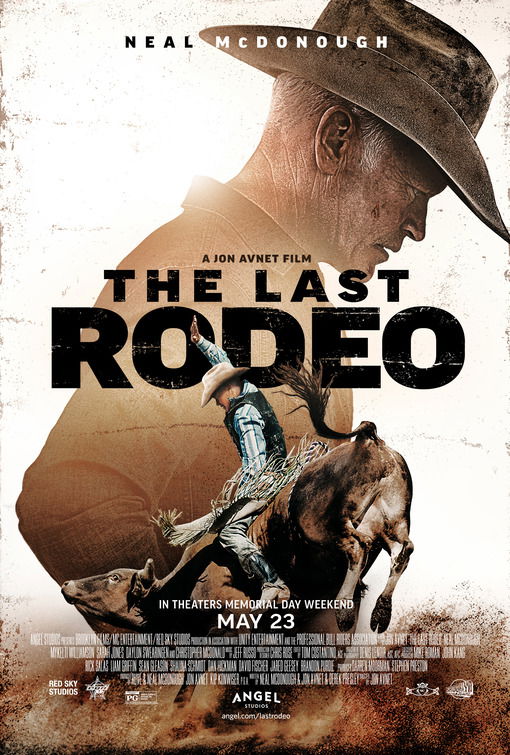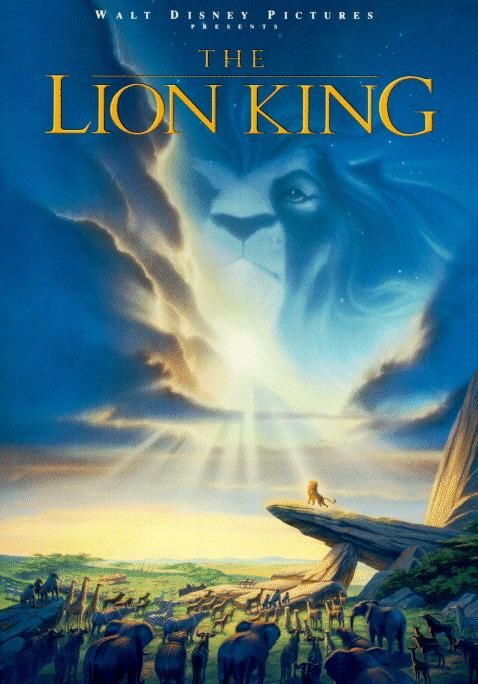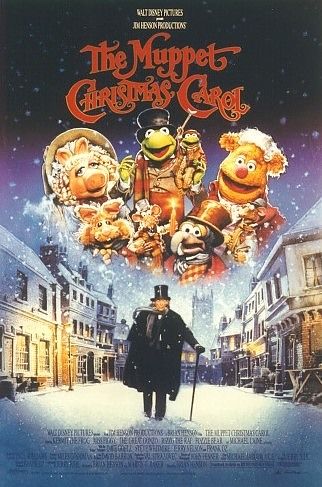Behind the Scenes of Independent Hollywood:
Following a Trail Blazed by Movieguide®
By Tom Snyder, Editor
Filmmaker Pasha Roberts says he’s following a trail blazed by Movieguide®’s visionary founder, Dr. Ted Baehr.
Roberts, founder of Two Lanterns Media and the creative mind behind SILVER CIRCLE, an animated political thriller for mature audiences now open, is borrowing a page from Dr. Baehr and Movieguide® by trying to do for political movies and American liberty what Movieguide® and Dr. Baehr have done for Christianity and faith-based movies.
Movieguide®: How did your idea for this story, SILVER CIRCLE, come about and why did you decide to make this particular story into a movie?
Roberts: We started looking at this as an idea around 2008 when there was this initial [fiscal] crash. We started looking at the idea, what would it be like to actually make a fictional story, not a documentary, about a deeper economic crash and get to the root of these issues, which basically takes you to the nature of money and the nature of the Federal Reserve? That’s really where we got started.
We started crafting this script. We found this really nice screenwriter, Steven Schwartz, who lived in Argentina during hyper-inflation, so he was familiar with what happens during that kind of a situation. The genesis of this idea is just to try to tell a whole story from a freedom or liberty point of view that’s more skeptical about the value of a larger government. . . and to serve the audience of people that are interested in that kind of thing, as opposed to what Hollywood usually does. Our heroes in the movie are really true patriots against tyranny, and we wanted to try to tell that story.
Movieguide®: Did you always plan for it to be animated?
Roberts: Yes. We were an animation studio and realized that a sort of drama-thriller-romance is a different type of animated genre for an American audience but not so unusual overseas. We actually wanted to create a little more distance from reality and also we wanted to do something that was a larger scale than you’re able to do in live action. There’s all kinds of car chases, helicopter shots, and explosions. Just the car chase would have cost $2 million to shoot in a live action kind of situation. In our case, that was our whole budget. So, we could do a lot with 1% of. . . our budget.
Movieguide®: How did the script come together working with Steven?
Roberts: It was very interactive. It developed somewhat organically in terms of the hero and heroine, how they play out, how the various twists and turns go. It was very collaborative in terms of the script. Amazingly, it played out really well over the years. I’ve seen the movie over hundreds of times. It hangs together in the right places as a story, and I enjoyed it a great deal. We’ll probably go back to him for the sequel.
We’ve already got a treatment down for a sequel. And, we’re continuing to kind of look at current events and reading history also, to the extent of what has happened and what could happen, given various trends in the U.S. Basically, we just need to see this movie the rest of the way into the market, raise money again and do it again. Part of the way we’re thinking about it is, we’re interested in the way that the faith-based market has proven itself. Before movies like UNCONDITIONAL or THE PASSION OF THE CHRIST, it wasn’t really known as much of a market, where people would actually go and buy movies because of [their] thirst for [particular] content. In our case, we’re kind of more freedom or more liberty oriented, but it’s kind of the same thing. It’s the same kind of core ideal that is not being fed by Hollywood at all. So our goal really is to try to help develop that kind of market and to help find a foothold for people that really want to see this kind of thing, and do it in a way that Hollywood is not in their nature to do.
Movieguide®: What was the most difficult thing in making SILVER CIRCLE?
Roberts: Part of it is juts dealing with the inherent budget limitations in our own work and time limitations. There’s a million things I’d like to keep working on for the movie. Also, in terms of releasing it, it’s just going to be audiences accepting in animation a [more] serious type of movie, as opposed to dragons or magic or something like that. It may be something that people are less able to accept or expect. Usually, people get right into it. . . .
Movieguide®: How was it working with the voice actors? Their performances were really good and helped sell the story.
Roberts: We had a great time with our voice staff. Basically, they acted out the whole movie. One of my key things was basically moving and acting out the whole movie as they speak so that they could stay in the role. We acted out the whole movie inside of our little green screen studio. Everyone had a camera on top of their heads that basically captured their facial expressions as they spoke. So we had like perfect lip synch and perfect impressions of the actor. And, it was all local talent based right here in Boston. Our shoot was 11 days, very fast. In a green screen studio, you can set up things very quickly. You don’t have to do costume or prop changes very much.
Movieguide®: Using that process, how did you do the action scenes or just the mere walking around scenes?
Roberts: That’s the one case where we actually went outside and filmed people running on the street and kept their running style. That’s where animation comes in. For the fight scenes, we hired three martial artists to be virtual body doubles for the actors. So, they did all the fight scenes with really good martial arts. It was a really fun day. That’s the fun thing you can do with animation. You can replace anything. You can move cameras around. It gives you a lot of flexibility.
Movieguide®: Can you explain some of the political and economic ideas you put into the script?
Roberts: Sure. The story comes first for us. Nothing can happen in a movie like this unless the story’s compelling, the characters are compelling, and the characters are motivated and interesting. We tried very hard not to make something where the ideas hit people over the head and force them into thinking something that should be more in the context of the movie.
But we did want to make this a movie that was set inside of a world that has collapsed due to fiscal irresponsibility and to monetary irresponsibility and start to show what happens in these kind of cases and real-world situations like Argentina and Zimbabwe, as far as what happens to people inside of those worlds, how people change, and what happens in the world. So [in the movie] prices are 20 times what they are now, which is mild compared to what happened in Zimbabwe or Argentina, to people’s lifestyles and families’ whole savings. To support all that, we have the Federal Reserve, which is the one that creates the money, to really grow in power and control that money supply. So, there’s a variety of aspects to their political maneuverings. That’s the real context of it. It’s sort of increased tyranny. For many people, it’s the prices that are so oppressive. A gallon of gas being $150 and dinner for two people being a thousand dollars is a big surprise for people. We’re not even being as extreme as we could be. There’s a father figure in the movie who’s really destroyed by the inflation.
We’re just trying to humanize what happens. It comes by looking at what happens historically over and over again. . . .
Movieguide®: That’s one of the things that humanized the story, the relationship between the hero and his father. Movieguide® is always interested in values. How did you approach that subject and how did the idea for that motif come about?
Roberts: Jay [the hero] and his father, George, have kind of a sweet relationship. They’re close, obviously. His dad raised him up well and to do the right thing. Jay’s values are very strong in the movie. He believes in doing the right thing. He’s an investigator looking for truth and looking for the bad guy. That’s a strong enough belief, that, if he examines the truth and goes out there and looks and finds out that things aren’t what they appear – that he’s actually working for the bad guys – that that he’ll continue to do the right thing. We wanted to have somebody with principles and with a sense of truth and a sense of justice, and that’s Jay. His father brings a lot of that to him.
Movieguide®: What’s the vision for your production company, Two Lanterns Media?
Roberts: Our work is to try to spread this word of what liberty is and to try to speak to a different kind of audience. Our vision is very similar, like I said, to the faith-based audience, where there’s a certain value system. It’s taken a foothold in the American film market, and we’d like to extend it to this kind of thing.
Movieguide®: Where would you like to see the company go in the next five years or so?
Roberts: I would like to see SILVER CIRCLE be a success in the market and SILVER CIRCLE 2 be a success in the market at that point. There’s other types of stories out there that we’re very big on connecting with other artists, whether they’re musicians or filmmakers pursuing these subjects. We’re trying to be a little bit of a hub for that kind of activity. We’re keeping the studio small and not trying to be Warner Bros.
Movieguide®: You could link up with Ted Nugent and do a gun control movie.
Roberts: Yeah, I’d like to show people behaving normally with firearms and not just shooting each other. It’s difficult with these high profile media cases going on.
Movieguide®: Is the Federal Reserve the problem or is it just bigger and bigger government. . . trying to hand out all these goodies to people, which corrupts the Fed?
Roberts: It’s symbiotic. The Federal Reserve makes interest on money by lending money to government. And, it creates money from nothing, so it’s basically getting free money itself. The growth of government has been funded by the Federal Reserve. Under a monetary environment created by a gold standard, this kind of thing didn’t happen. The growth of government. . . since 1971 [when we went off the gold standard] is simply unrecognizable. It all kind of works together, but in all cases it’s unsustainable. It’s going to have to collapse. We’re trying to reinstate a value of self-sufficiency and not dependency on the government.
Questions or comments? Please write to us here.


 - Content:
- Content: 

